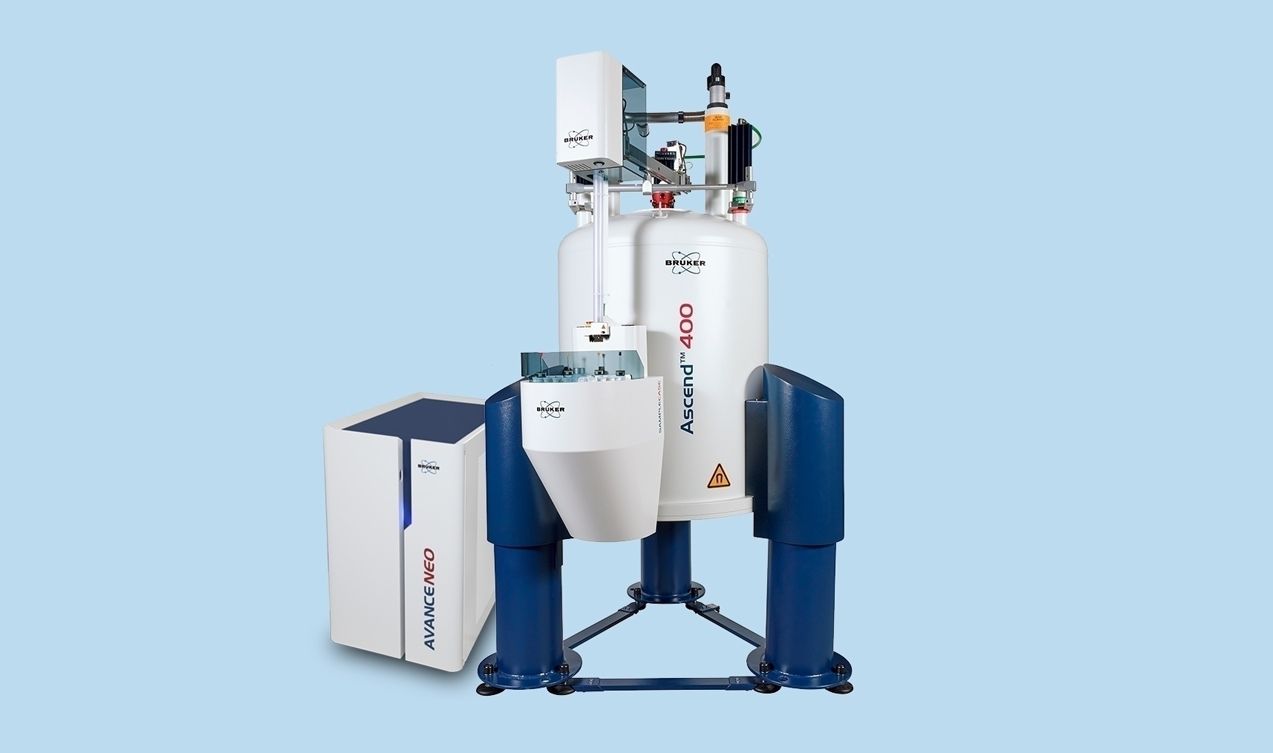

Wine Safety and Quality Control using High-Resolution FT-NMR
Frequent wine scandals in recent years have demonstrated a need for a technology that can rapidly assess both quality and safety, yet be simple to use and deliver on a number of important parameters.
A new solution performs wine analysis using proton NMR spectroscopy at 400 MHz, which includes straightforward sample preparation, rapid measurement and fully automated analysis, resulting in the simultaneous measurement of a set of key quality and safety relevant parameters.
Successfully established in fruit juice analysis since 2008, the non-targeted NMR screening capability also enables identification of unexpected and unknown deviations and falsifications that can represent adulteration or undiagnosed processing issues.
The WineScreener™ brings a new level of cost efficiency to the industry, thanks to the large number of parameters delivered within a single, completely automated, push button analysis with minimal sample preparation. Quantification of 25 relevant components is delivered in one measurement, eliminating the need for multiple experiments using conventional techniques. In addition, both quality and safety are assessed by non-targeted screening.
High Reproducibility
The transferability of the method, based on standard operation procedures, guarantees identical results across different analysis laboratories, made possible by the very high reproducibility of Bruker’s NMR technology. Due to its self-learning nature, the wine screening solution will further increase its capabilities as new wine analyses are integrated on a global basis.
Partnering with WineSpin-Analytics GmbH, an established German wine analysis company, Bruker is combining its proprietary analysis technology with WineSpin’s specific expertise.
“We have chosen Bruker’s WineScreener solution as this will allow us to quantify a multitude of components in wine, while simultaneously detecting unknown deviations from the models built with authentic wines. This provides a unique advantage to our customers in the wine industry. The NMR analysis system will safeguard and strengthen the wine-makers’ reputation for integrity in wine production,” commented Christian Kost and Fred Langenwalter, the co-owners of WineSpin-Analytics, a successful wine analysis laboratory with a long history in Germany.
Bruker introduced the WineScreener in March at ANUGA FoodTec 2012, an international trade fair for food and drink technology, and its delivery of rapid and cost efficient quantitative targeted and non-targeted statistical analyses of wine attracted significant interest. The first release will offer targeted analysis applicable to wines produced worldwide, in addition to non-targeted analysis developed on and applicable to German wines.

